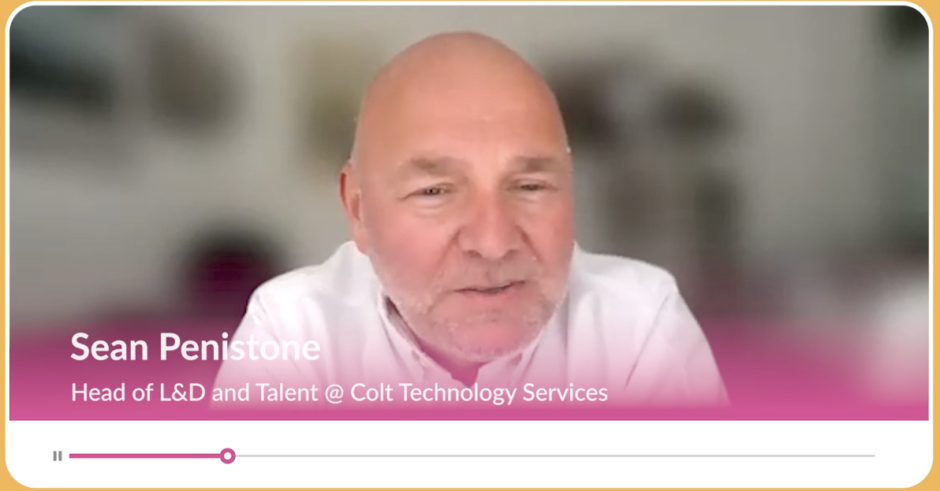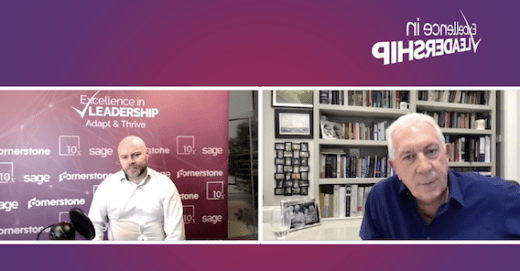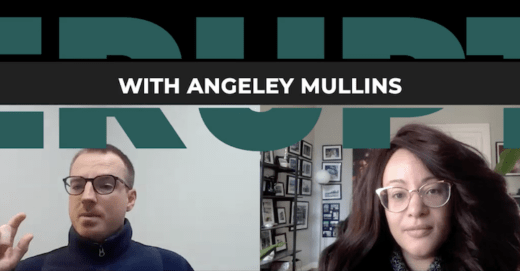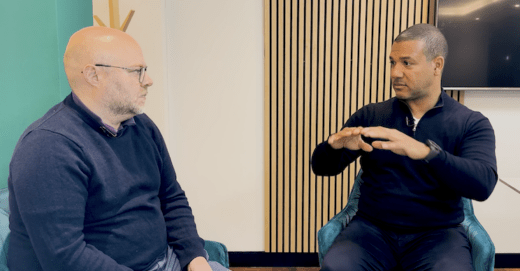As we continue this fascinating series around Business Mindset 2030, in partnership with Peoplesmart, we bring you Sean Penistone (Former Head of L&D and Talent at Colt Technology Services) who discusses what he feels is a business mindset for the coming decade and what facets he predicts will have the biggest influence across the business.
In the coming decade, the ability to analyse data and gather actionable insights from that data will be one of the key skills that every organisation will start to want to grow. According to Sean, data and data analytics with the advances in machine learning are powering what organisations can do with those insights and will have a huge impact in the next 10 years. However, what is key is that in different organisations with different industries, there might be circumstance that makes it the right time to heavily invest and grow those skills or not. The larger focus however is on today’s needs. Each organisation is different, and is at different stages now its evolution in its different industries will look at different technologies and know that it is the right time for them to start building those skills and capabilities.
Sean then moves on to talk about how organisations can position their business for the 4th industrial revolution. For any organisation, it all comes down to balancing what they need to do for today, with what they need to ensure they are future-ready. It is key that organisations can look and do things differently from how they looked at them before. Having that open mindset and that growth mindset and a willingness to try things is critical in every organisation.
The conversation then looked at how Sean believes people will interact with and leverage this revolutionary change. Many organisations struggle with taking people on the journey and find that it is the most challenging part. In many cases, this can be because people don’t like change and therefore find it hard to get people to step into the unknown. Some companies look at writing capability frameworks which are all about the attitudes and the approaches you want people to take. This should be given to employees to say, this is how we want you to behave in this company and to then take risks, compared to the way they would have worked or done things in their previous careers.
Sean also mentions how asking leaders to coach people around behaviours is essential. This culture of working in an agile and experimental way and testing out a new hypothesis for working is key. Having robust processes for after-action reviews to say what did we learn through the experiment is important. Testing things with small-scale experiments helps companies find things that worked so then they can do more of these things to work with them and then scale them. Therefore, having that process of allowing people to take risks to move forward quickly is extremely beneficial for organisations.
In summary, as change is constantly evolving, it is vital that firms can position themselves in the right way so that they are future-ready and able to grow.
About PeopleSmart
PeopleSmart provides innovative learning solutions, both virtual and in-person, to organizations in many countries, cultures, and languages, focusing on leadership and people development in the context of digital transformation, change management, culture change, and the increasing need for Emotional Intelligence.
We do this through a dedicated network of 65+ consultants working globally, providing a broad range of Consulting, Coaching, and Learning Services to a wide variety of industries and clients in over 20 languages.
PeopleSmart supports companies through transitions by offering practical, easy to implement, and effective interventions. And in our virtual offerings, our consultants use the latest, cutting-edge technologies and tools to provide rich and participatory learning experiences.




